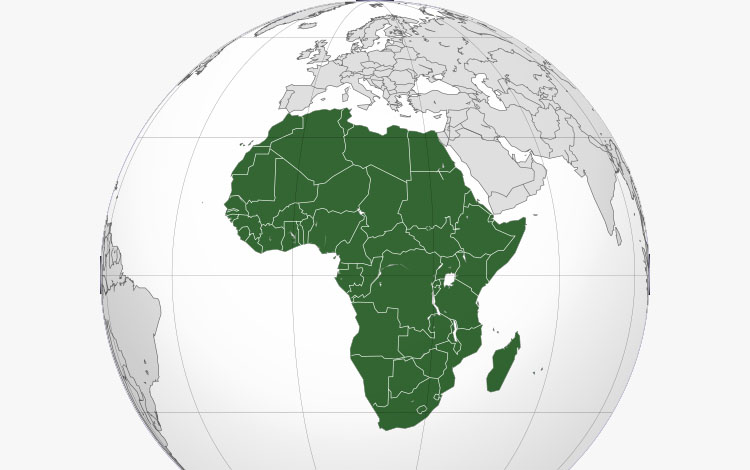It may be coincidental that the latest Corruption Perceptions Index by Transparency International was released, when Africa was struggling to absorb the shocking details released by the Luanda Leaks Documents. The mind-boggling scale of corruption in Angola, one of Africa’s oil-rich nations, by the former President’s daughter Isabel dos Santos is baffling. But Angola is not an exception. The scale of corruption in Africa continues unabated as reflected in the latest Corruption Perceptions Index (CPI).
The CPI index reported that Sub-Saharan Africa scored the lowest- with an average score of 32 out of 100— against the global average of 43. The bleak performance it said was largely due to the inaction against corruption by several of the continent’s big economies. However, some smaller economies adopted effective measures which is reflected in their progress on the corruption index as well as business reforms. These countries are Seychelles, Botswana and Cabo Verde which topped the African rankings on the index.
With a score of 44, South Africa managed to remain just above the global average. It was reported that the score dipped as a result of the high level corruption cases over the last two years, including the “State Capture” scandal that led to president Jacob Zuma’s exit. The effects of deep rooted corruption are exemplified by frequent power outages devastating its economy.
On the other hand, Angola’s anti-corruption score leaped by nearly 50% driven by the corruption scrutiny on political leaders and bureaucrats. Key members of the dos Santos family came under the scanner. The former President’s daughter Isabel dos Santos was charged with embezzlement and money laundering. The ongoing revelations of the controversial wealth of Isabel Dos Santos stacked away abroad has become a stark example of misuse of political office. Transparency International has urged the Angolan government to bring transparency in its oil revenue accounting without any further delay to plug the severe economic inequality in the country in spite of its oil wealth.
In the case of Nigeria, a lot of expectations about an effective anti- corruption drive was raised as promised by President Muhammadu Buhari in his election campaigns. Nevertheless, the promises did not get translated into action. After marginal improvement in the score, Nigeria’s anti-corruption score has now slipped back to its 2015 levels when Buhari first took office. Political observers have pointed out that Buhari’s anti-corruption fight was targeted only at opposition figures while many corruption cases during his presidency have gone under the carpet.
It is a well-known fact that the widespread Corruption in Africa is the major barrier for economic, political and social development. A negative perception of the business environment deters foreign investment, which is critical for Africa’s economic growth. Moreover, corruption affects the wellbeing of individuals, families and communities. African Citizens can make a difference by escalating and continuing their agitation against corruption. Only then, Political leadership will be forced to take action.





